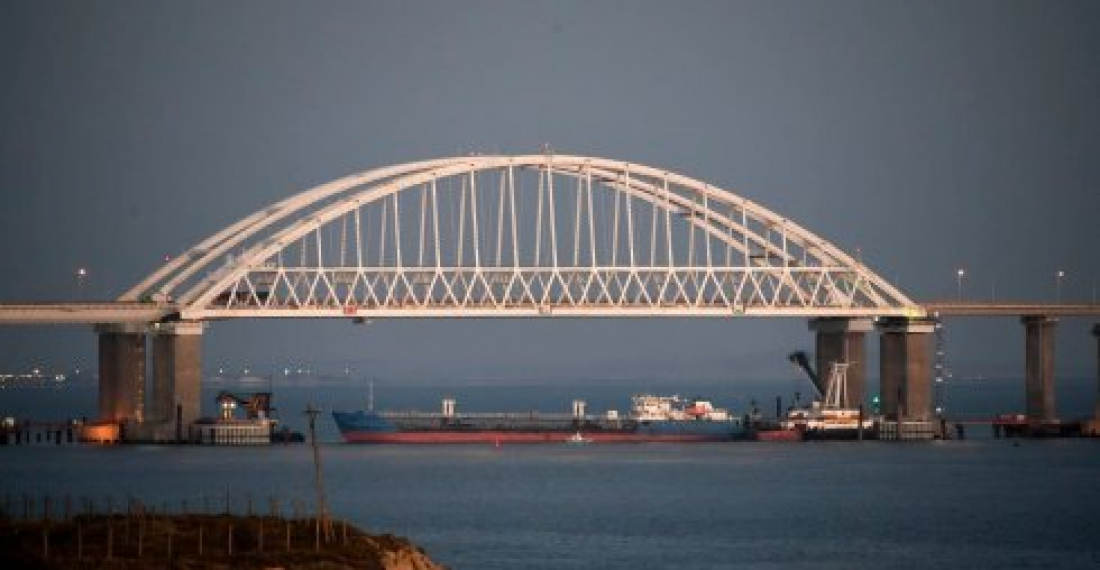NATO is set to guarantee the safe passage of ships via the Kerch Straits, connecting the Black Sea and the Sea of Azov, and to step up aerial surveillance in the area, US envoy to NATO told foreign journalists on Tuesday.
US Permanent Representative to the North Atlantic Treaty Organization, Ambassador Kay Bailey Hutchison, said that a package of measures will be approved during a two-day conference to begin in Washington on Wednesday.
"I think that we have been working on a package to present to the foreign ministers, and it is a package that beefs up the surveillance, both air surveillance as well as more of the NATO country ships going into the Black Sea to assure that there is safe passage from Ukrainian vessels through the Kerch Straits, the Sea of Azov," she said.
The ambassador added that those measures were very important for making sure that "the countries in and around the Black Sea are safe from Russian meddling."
In November of last year there was an incident at the entrance of the Kerch Straits as Ukraine's Berdyansk and Nikopol gunboats, and the Yana Kapa tug, tried to sail from the Black Sea port of Odessa to Mariupol in the Sea of Azov, which is shared between Ukraine and Russia.
Ukraine says the Russians tried to intercept the ships, ramming the tug. The vessels continued towards the Kerch Strait, the only access to the Sea of Azov, but were blocked by a tanker placed under the Kerch bridge.
Russia built the bridge, that links mainland Russia to Crimea, earlier this year, despite opposition from Ukraine.
source: commonspace.eu with TASS news agency
photo: A Russian tanker blocks the entrance to the Kerch Straits during an incident inNovember 2018 (archive picture)







